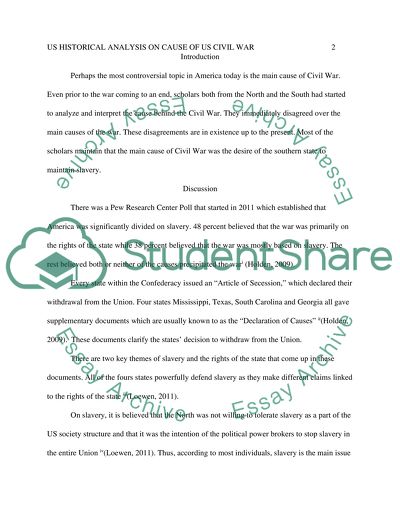Cite this document
(“US Historical Analysis on cause of US Civil War Research Paper”, n.d.)
US Historical Analysis on cause of US Civil War Research Paper. Retrieved from https://studentshare.org/history/1654108-us-historical-analysis-on-cause-of-us-civil-war
US Historical Analysis on cause of US Civil War Research Paper. Retrieved from https://studentshare.org/history/1654108-us-historical-analysis-on-cause-of-us-civil-war
(US Historical Analysis on Cause of US Civil War Research Paper)
US Historical Analysis on Cause of US Civil War Research Paper. https://studentshare.org/history/1654108-us-historical-analysis-on-cause-of-us-civil-war.
US Historical Analysis on Cause of US Civil War Research Paper. https://studentshare.org/history/1654108-us-historical-analysis-on-cause-of-us-civil-war.
“US Historical Analysis on Cause of US Civil War Research Paper”, n.d. https://studentshare.org/history/1654108-us-historical-analysis-on-cause-of-us-civil-war.


